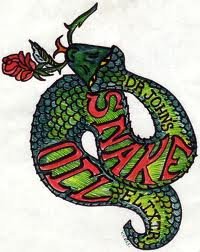K1600_gtl
New member
ok, so I'm not quick to use just any additive in my vehicles, but apart from Techron in my fuel every so often, I've had good luck with LC20 in my duramax truck and BMW X5... seems to keep the engine cleaner (just thru visual inspection thru oil cap)..
I'm wondering if a dirty little engine like the boxer with it's high amount of oil burn during the breakin period couldn't benefit from LC20 to keep it clean? anyone have any experience with it in their bike? The guys over at BITOG seem to like it..
http://www.bobistheoilguy.com/forums/ubbthreads.php?ubb=showflat&Number=2402552&page=1
http://www.lcdinc.com
I'm wondering if a dirty little engine like the boxer with it's high amount of oil burn during the breakin period couldn't benefit from LC20 to keep it clean? anyone have any experience with it in their bike? The guys over at BITOG seem to like it..
http://www.bobistheoilguy.com/forums/ubbthreads.php?ubb=showflat&Number=2402552&page=1
http://www.lcdinc.com



